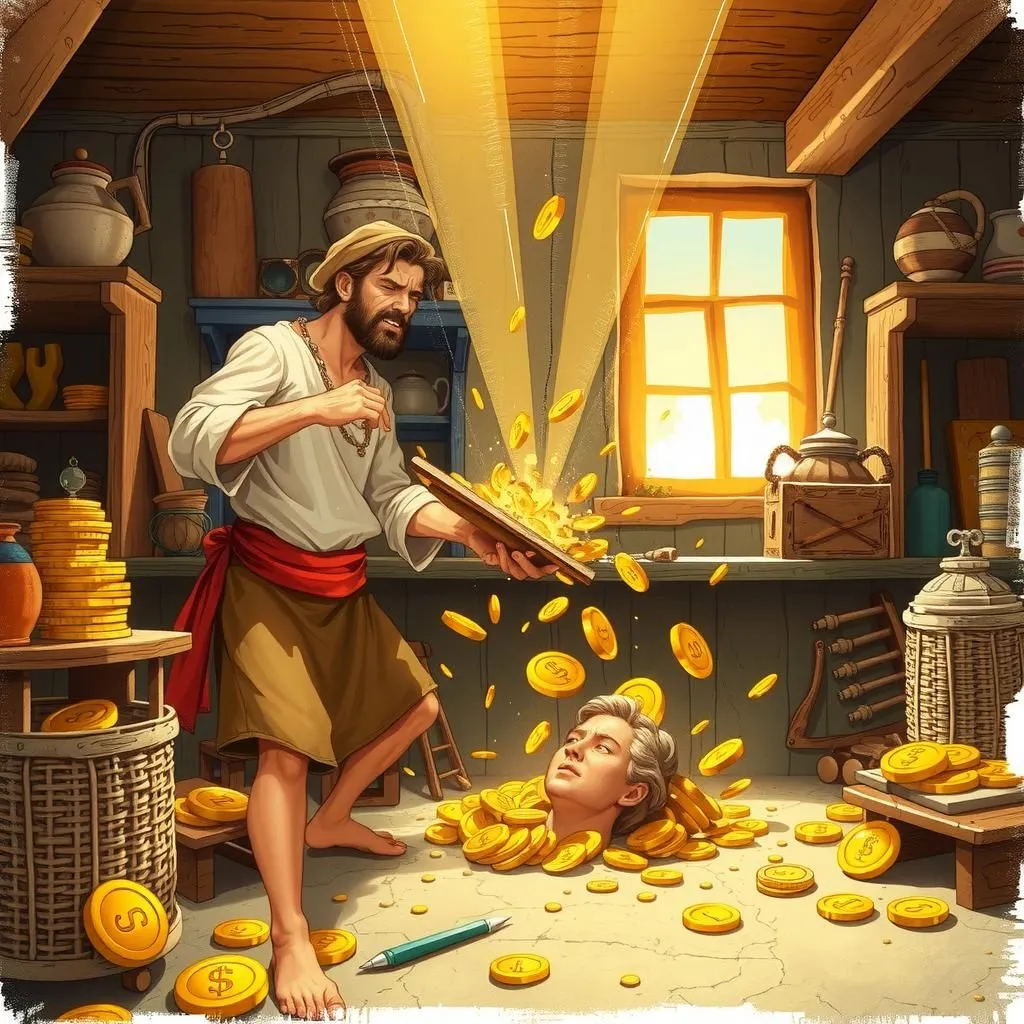
The Mourning Brothers
In the short story "The Mourning Brothers," an Old Man, sensing his death, challenges his sons to prove their sorrow by wearing weeds on their hats, promising his fortune to the one who endures the longest. After years of stubbornness, they agree to share the inheritance, only to discover that an Executor has taken control of the estate, leaving them with nothing. This tale, rich in folklore and moral lessons, highlights the consequences of hypocrisy and obstinacy, making it one of the best moral stories in short story collections.


